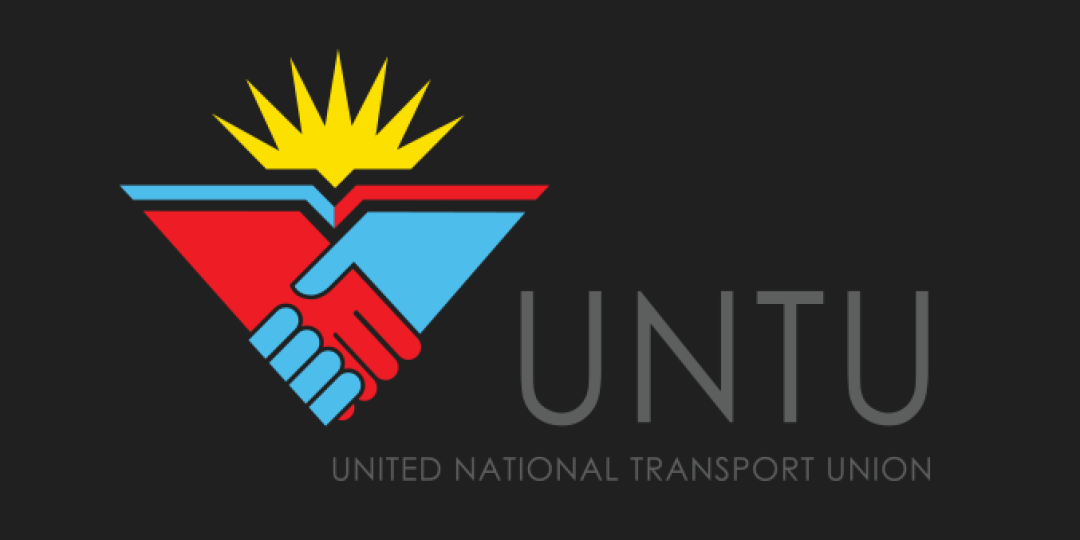Transnet SOC Ltd has lambasted the United National Transport Union (UNTU) for its allegations that critical equipment acquisitions for the Cape Town Container Terminal comprised “unsuitable second-hand” cranes.
In a strongly worded statement on Monday, Transnet dismissed UNTU's claims as “inaccurate and reckless” accusing the union of spreading misinformation that undermined public trust and operational stability.
The dispute centres on the union’s claims outlined in its media release on Friday that Transnet's procurement of seven pre-used Rubber-Tyred Gantry cranes (RTGs) from Los Angeles had been ill-advised.
UNTU General Secretary, Cobus van Vuuren, alleged in the statement that only five cranes were operational on arrival, that they lacked spare parts, and were too small for the terminal’s needs, allegedly endangering workers and truck drivers. The union criticised the lack of a service agreement with the equipment's original manufacturer, describing the purchase as emblematic of Transnet’s “self-inflicted challenges”.
He also accused Transnet of presenting a sanitised version of reality and allegedly omitting to present critical failures to Transport Minister Barbara Creecy during her recent oversight visits.
He called on Creecy to conduct future visits alongside labour representatives to gain an unvarnished perspective on the challenges at the port.
“Transnet’s missteps are entirely avoidable and should be treated as dismissible offences,” said Van Vuuren.
He also highlighted the port operator’s ongoing procurement of additional equipment from Ireland as an example of inadequate planning, saying it had not consulted with workers who operated the machinery daily.
The union called for a formal investigation into the matter and for those responsible to be held accountable.
However, Transnet strongly rejected the allegations, saying that the crane acquisition was a strategic decision aimed at enhancing port efficiency. It said the cranes were central to its recovery plan that aimed to bolster the terminal's container volume handling capacity.
Transnet said since their deployment in December 2023, the RTGs had improved vessel turnaround times, with delays dropping from 300 hours to as little as 45 hours.
“This improvement has been instrumental in reducing congestion and enhancing service delivery to customers. The terminal is now able to berth vessels on arrival, except during unavoidable weather delays,” Transnet said.
“The port is working hard in ensuring that vessels berth on arrival. Apart from those unavoidable delays due to inclement weather, vessels waiting at outer anchorage are kept at minimal and within the target of two vessels.”
Transnet said its “immediate priority” was to ensure equipment availability and reliability during the current deciduous fruit season with “the customer at the centre of our actions and decisions”.
“This year, we will go into the season with over 70 pieces of additional equipment, such as new haulers, reach stackers, and container empty handlers. This investment is aimed at improving efficiencies as South Africa exports its grapes, peaches, apricots, and plums to the global markets.”
Transnet said it was concerned about the union’s pattern of disseminating “inaccurate and slanderous” statements rather than engaging with the port operator via multiple formal channels such as consultation forums and regular update meetings on strategic initiatives.
“Management is readily available to discuss and clarify any concerns.”
Transnet said it was led by a “stable, competent, and experienced executive leadership team, supported by employees at all levels, all of whom were committed to the success and sustainability of the organisation”.
“The organisation’s leadership team has consistently demonstrated the ability to drive the strategic direction of the business and help it implement its key objectives.”
Transnet said it planned to formally discuss the misstatements with the union.













